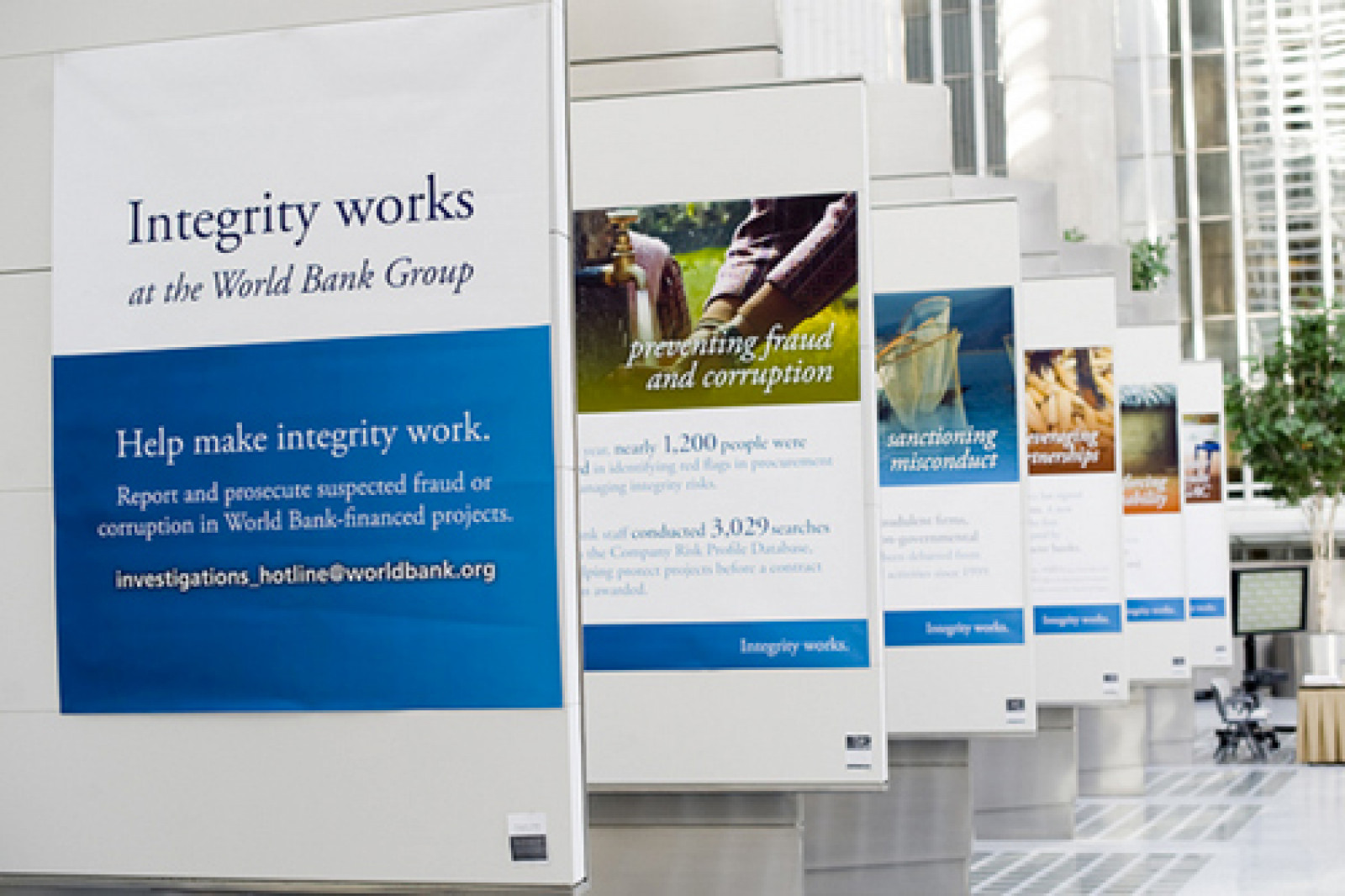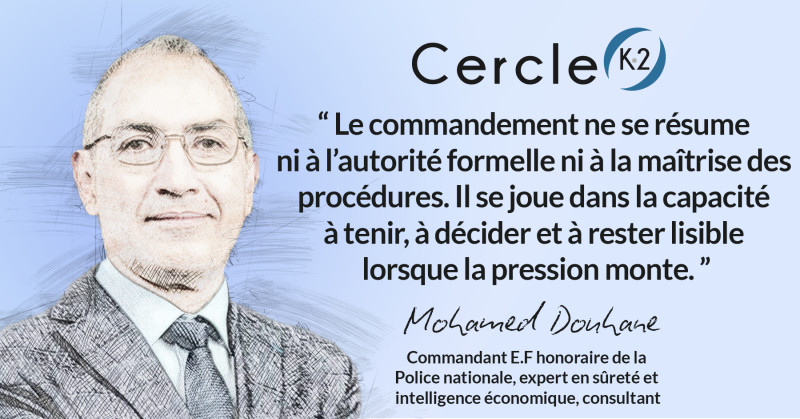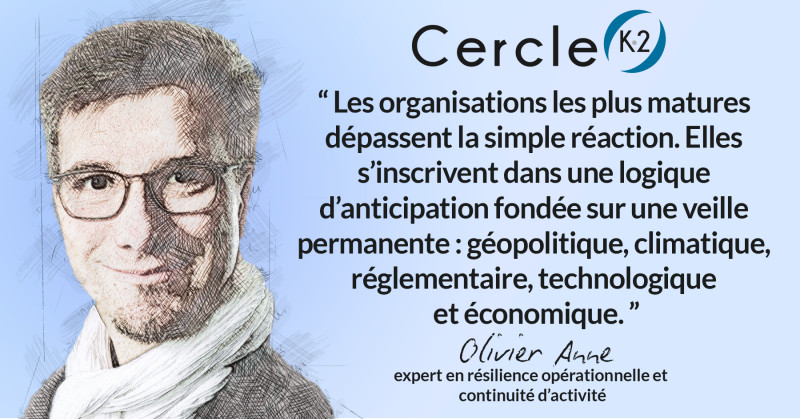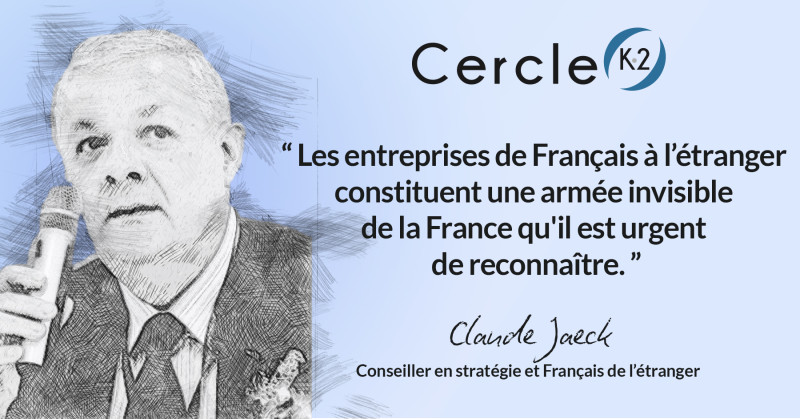Will tough new anti-corruption laws affect your company?
16/06/2014 - 3 min. de lecture

Le Cercle K2 n'entend donner ni approbation ni improbation aux opinions émises dans les publications (écrites et vidéos) qui restent propres à leur auteur.
As governments tighten their anti-corruption legislation businesses are more exposed to inadvertent breaches. With penalties or the rise, is your company at risk?
In January 2014 the U.S.’s largest aluminium producer, Alcoa, agreed to pay $384 million to resolve charges it failed to prevent the payments of bribes and kickbacks to Bahrain through intermediaries. While the sum pales in comparison to the $1.6 billion Siemens paid in 2008 to settle bribery probes in the U.S. and Germany, the total cost to Alcoa, and all companies and countries found guilty of corruption, extends beyond the court imposed penalties. The risk to economic and strategic development from potential exclusion from markets and loss of partners and R&D talent is substantial. Britain's Rolls-Royce is still smarting after the Indian government froze a $1.2 billion trade deal and suspended a maintenance contract while it investigates allegations the British company paid millions of dollars in kickbacks to win contracts.
Business leaders and managers are subject to increased risks
Risks associated with corruption have gone up significantly in the last few years. After the economic crisis the public’s demand for greater integrity and transparency has resulted in a tightening of legislation across the globe. While countries such as Canada, Australia, Brazil and China are all beefing up laws and taking a more vigorous stance on the policing of corruption, proposed changes to the U.K Bribery Act could see companies face huge fines and blacklisting from European contracts.
Perhaps as a consequence countries are increasingly strategic in their use of anticorruption approach. For example, former U.S. Secretary of Defense, Robert Gates, indicated in his 2014 memoirs that he used anti-corruption arguments against American competitors to close a $60 billion weapons deal in Saudi Arabia. Indeed, the Foreign Corruption Practices Act (FCPA) of 1977 gave the U.S. a head start in this area. By asserting judicial reach over entities merely connected with the U.S., this early piece of legislation has allowed the U.S. to reach far beyond its borders and to develop norms that are now quickly becoming internationally dominant.
Elsewhere, other countries have been accused of selectively targeting foreign companies that have been too successful on the local market, when implementing tough new laws.
3 steps to lower risk
So what steps can companies take to minimise risk? The first step is awareness. Many international corporations lack a formal strategy to deal with problems in this area. All too often anti-corruption planning and, more generally, strategic legal risk management is ignored until the crisis hits. Banks have come under particular scrutiny of late with Credit Suisse paying $2.5 billion to settle allegations it helped Americans evade the U.S. taxman, and BNP Paribas looking at an $8-$10 billion fine for alleged U.S. sanction breaches over the handling of transactions with Cuba, Sudan and Iran between 2002 and 2009. In both cases, this led to a very strategic risk for these companies.
The second step is to treat the matter very seriously. Too often boards and executive committees deem corruption to be a technical matter best dealt with by specialist teams. The reality is the strategic management of corruption should be an integral part of a company’s planning taken on at board level from a very early stage. For example, the U.N. through its Global Compact has stressed the importance of integrating corruption risk in the development of the supply chain.
And thirdly, companies have to be consistent. There is little point in executives saying “We want to minimise the risk of corruption” while at the same time taking on a lot of risk in areas such as tax minimisation. The stance must be holistic and an inherent part of a company’s culture reflecting the tone at the top. It must be set from the very highest level, it must be concise and it must be consistent across all areas of the company.
Cracking corruption can strengthen a company
Managing corruption has added benefits for a company. In 2010 when faced with hundreds of incidents of bribing government officials across multiple nations, Panalpina, the Swiss leader in logistics, admitted a culture of corruption had emanated from its senior level management who “tolerated bribery as business as usual”. In a 34-page statement filed during plea bargaining in a U.S. court, the company admitted dozens of employees throughout the Panalpina organisation “were involved in various schemes to pay bribes to foreign officials.” The company has since recovered from the incident, corrected the culture and in doing so apparently increased its market share.
Siemens too has learned the hard way. The company where corruption was once entrenched - its former accountant, Reinhard Siekaczek, told the New York Times that between 2002 and 2006 he managed an annual bribery budget of between $40 million and $50 million - replaced its CEO with Peter Löscher who used the scandal to drive change in the way the company was operated, it’s culture and hiring practices. Not only did the new team manage to put in place an effective anti-corruption programme but it also improved the substance of the company.
It’s a lesson for all organisations. If you rely on corruption you will be less competitive. The company will begin to adopt the attitude, ‘why should I develop a product when I can just buy access to market?’. If you get rid of that attitude you become stronger and it is probably better to do so before a major crisis hits.
Lobbying for a level playing field
But making changes from within will not clean up the marketplace. If corporations operate in areas where corruption is rife, it is going to be complicated. Firms can mitigate this to an extent with their internal strategy, but substantial change to this environment will probably require a strengthening of local enforcement.
Our proposal is that part of any corruption fine should be placed in an international fund, to be managed by the U.N. or a similar body, and used to increase enforcement in areas where corruption is prevalent.
Companies and governments should take an active role in speaking out and supporting such an initiative. A concerted push is necessary if anti-corruption agencies are to clean up markets and level the playing field.
16/06/2014















